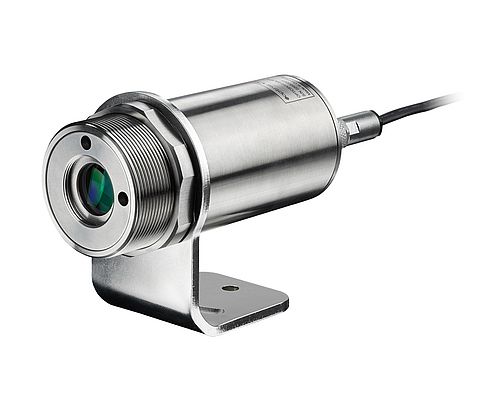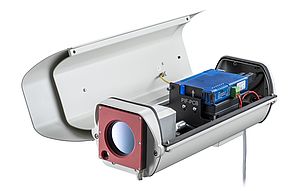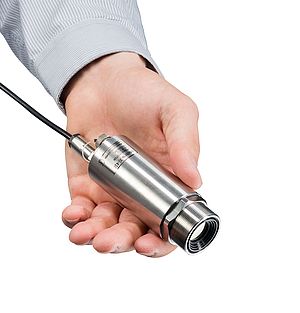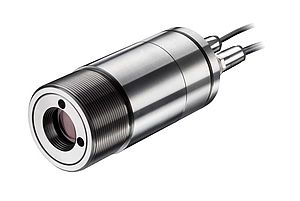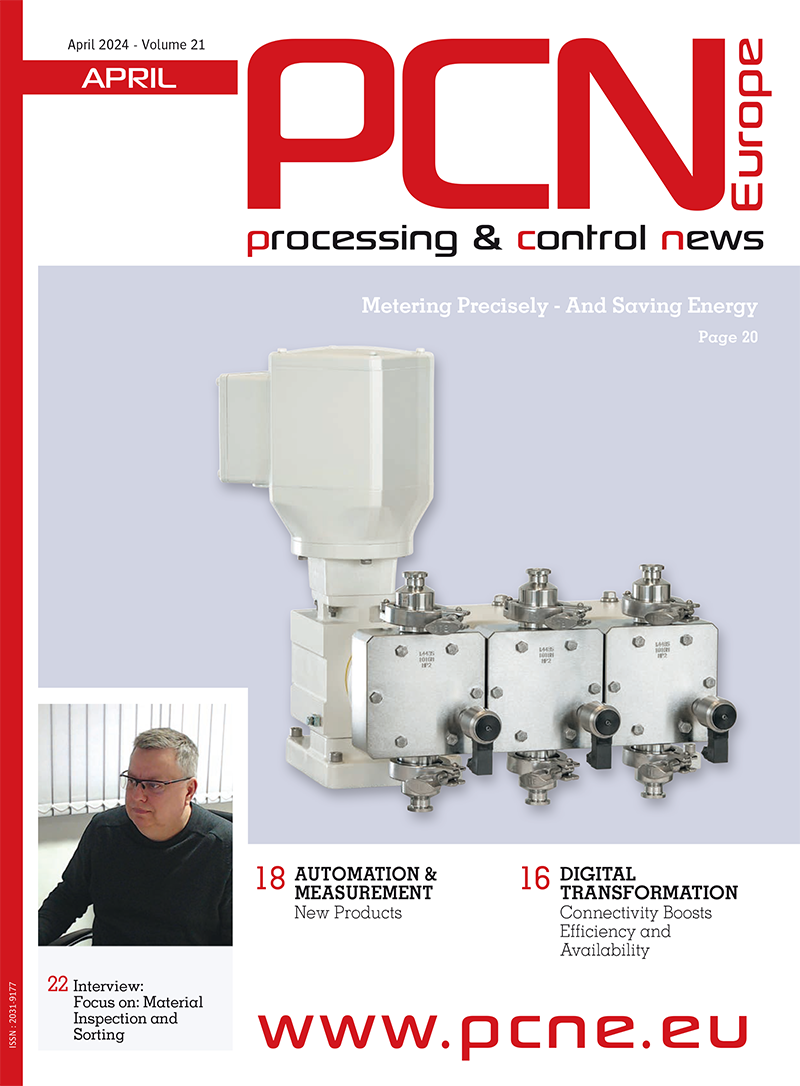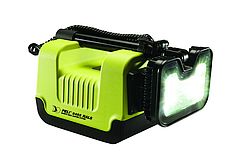Infrared pyrometers must meet high demands: Especially in metallurgy, they are of-ten used under harsh conditions in which they must deliver reliable results at any time. Smoke, steam, or dust often impede a clear view of the measured object and affect the measurement signal. In these conditions, ratio pyrometers nevertheless provide stable measured values - compared to single-channel pyrometers, even with dirty optics or with objects that move within the measuring field (e.g. metal rods or wires).
The new Optris CSvision is equipped with the innovative Smart Ratio Mode (SRM) and can thus master even challenging applications with variable emissivity ratios. The built-in video sight and the motorized focus, which can be operated via software or app, allow the CSvision novelties to be focused very conveniently on the respective object. The switchable two-stage brightness reduction filter ensures optimum viewing conditions even with very hot and therefore bright objects. Together with the cross-hair laser, which is also standard, this ensures simple sensor alignment under all conditions.
Two infrared pyrometers for precision-fit applications
The CSvision R1M offers an optical resolution of up to 150:1 and a measuring range of 600 to 3000 °C with a spectral range of 0.8 to 1.1 µm - in harsh industrial environments up to 65 °C without cooling. The R2M has an optical resolution of 75:1 and a spectral range of 1.45 to 1.75 µm. This allows temperatures to be measured from as low as 300 °C to 1400 °C (up to 60 °C without cooling).
Easy sensor setup and monitoring via app
Optris creates an easy-to-use solution with the CSvision series that can be set up quickly and easily. The infrared thermometers have an interface to the IRmobile Android app and CompactPlus Connect software. This allows easy video align-ment and real-time process monitoring. Two analog outputs are available for process integration, as well as digital interfaces such as RS485 or Modbus RTU. A variably programmable I/O pin can optionally be used as alarm output, for signal triggering or e.g. for external emissivity/slope settings.


